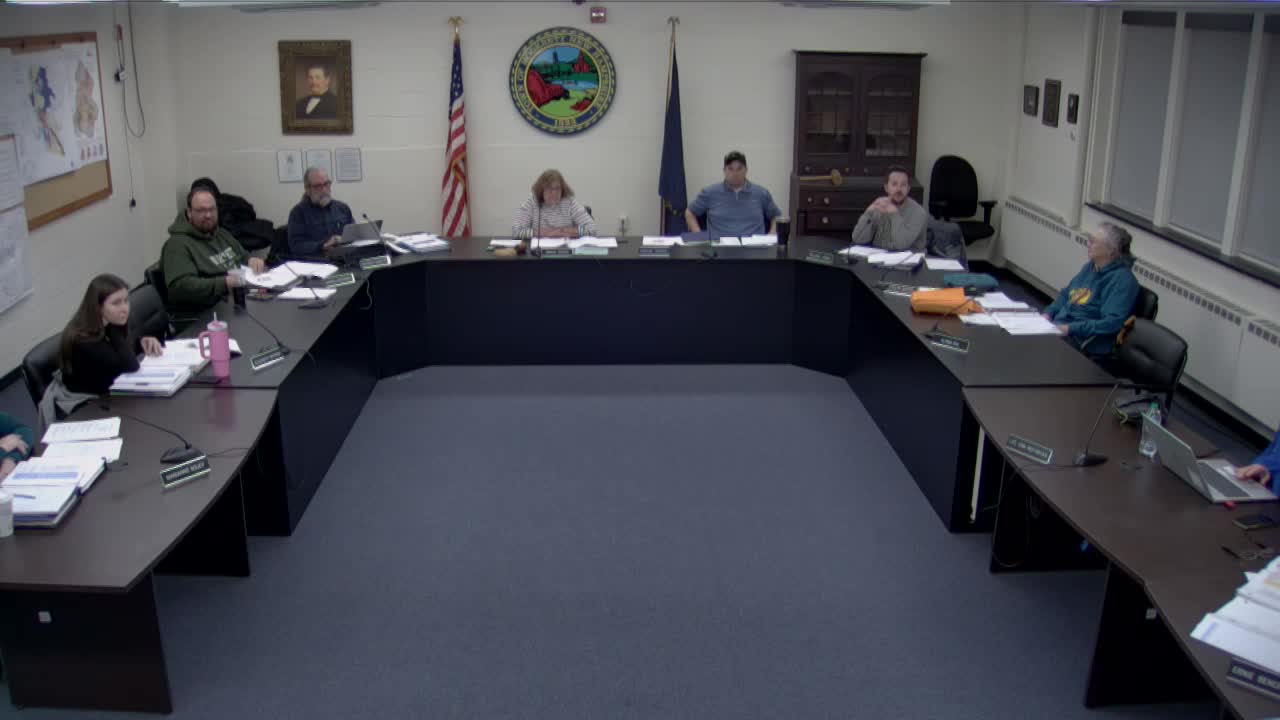Hooksett staff: independent student transport driven by safety/medical needs, not conflict between students
Get AI-powered insights, summaries, and transcripts
Subscribe
Summary
SAU 15 staff told the Hooksett Budget Committee that some special-needs students are transported separately for safety or medical reasons and that confidentiality rules prevent the district from discussing individual cases; staff said interpersonal conflict alone would not be the reason for separate routing.
Questions from committee members prompted SAU 15 staff to explain the district’s approach to transportation for students with special needs and to address public perceptions that separate transport occurs solely because students "can't get along." William Rehrig, superintendent of schools, introduced the district’s special education director to respond.
The special education director said the district cannot discuss specifics about individual students because of FERPA and confidentiality, but explained the factors that determine transportation arrangements. "When there is the opportunity and ability to have multiple students safely ride a bus together to a location, that is absolutely what occurs," the director said. The director added that certain students require separate vans or additional adults because of safety concerns or medical needs, and that smaller vehicles with multiple adults sometimes operate to ensure safe capacity and supervision.
When a committee member said they had heard that two students "cannot get along" and therefore were bussed independently, the director replied that interpersonal conflict alone "would not be a variable for a decision making process of what a student would need for transportation purposes." The director acknowledged the public may perceive separate transport as an extra cost but said confidentiality and individualized needs drive the arrangements.
Why it matters: parents and taxpayers sometimes question whether separate transport is driven by behavioral choices rather than documented safety or medical needs. District staff said decisions are individualized, medically or safety-based when required, and subject to privacy protections.
The superintendent and committee members encouraged residents to raise concerns without identifying students and noted that staff will continue to follow state and federal privacy rules while addressing system-level questions about routes and capacity.
